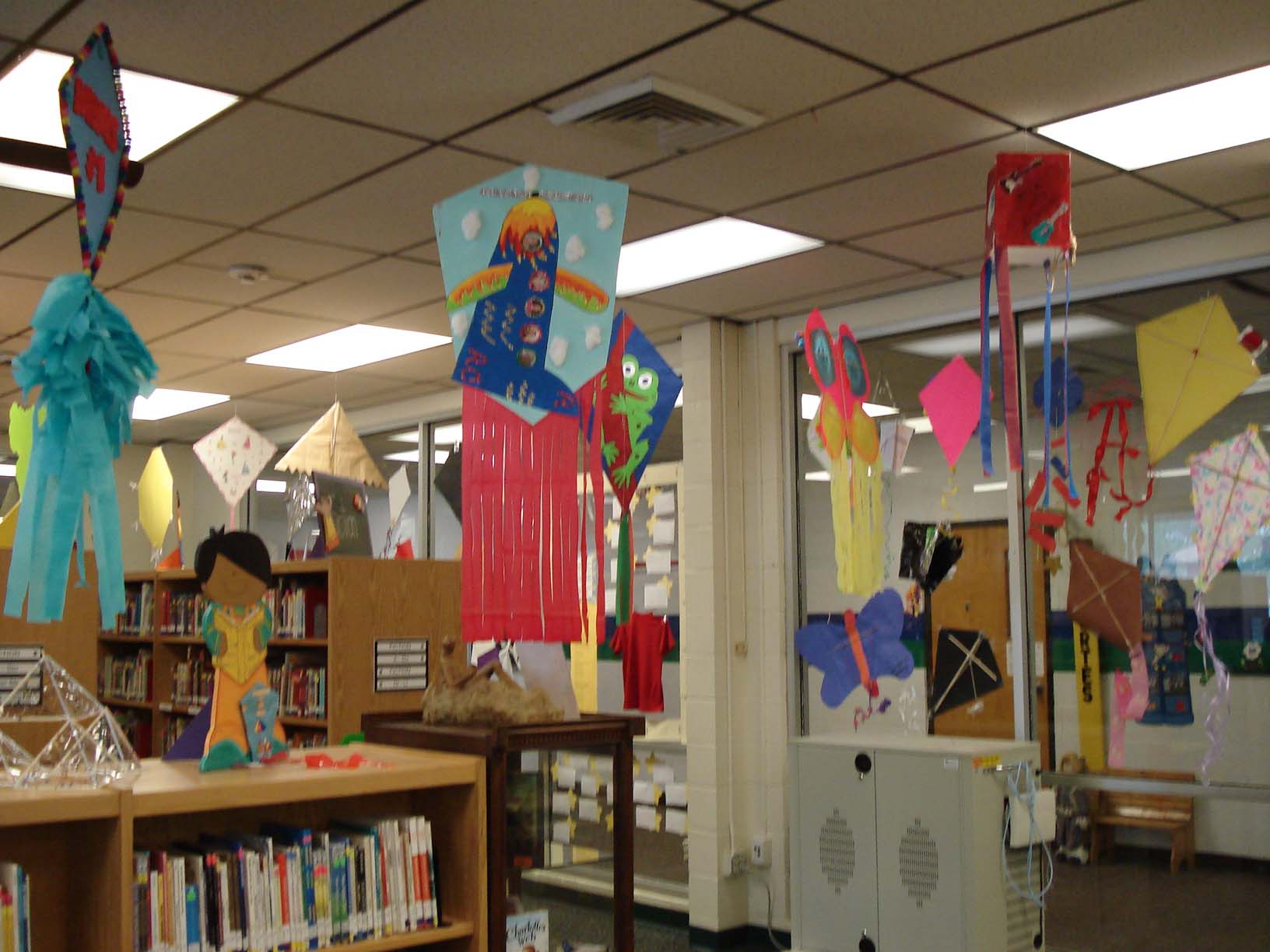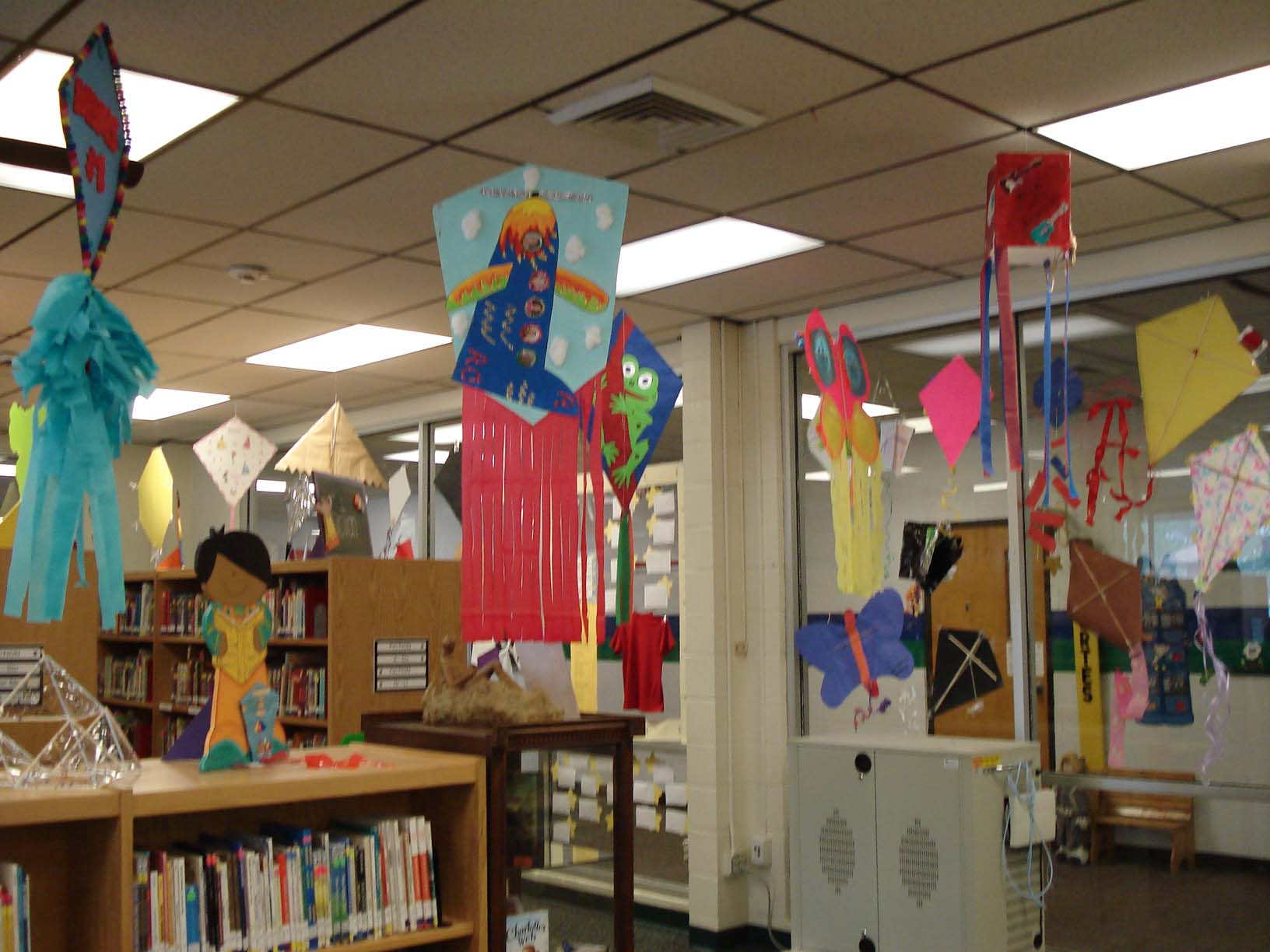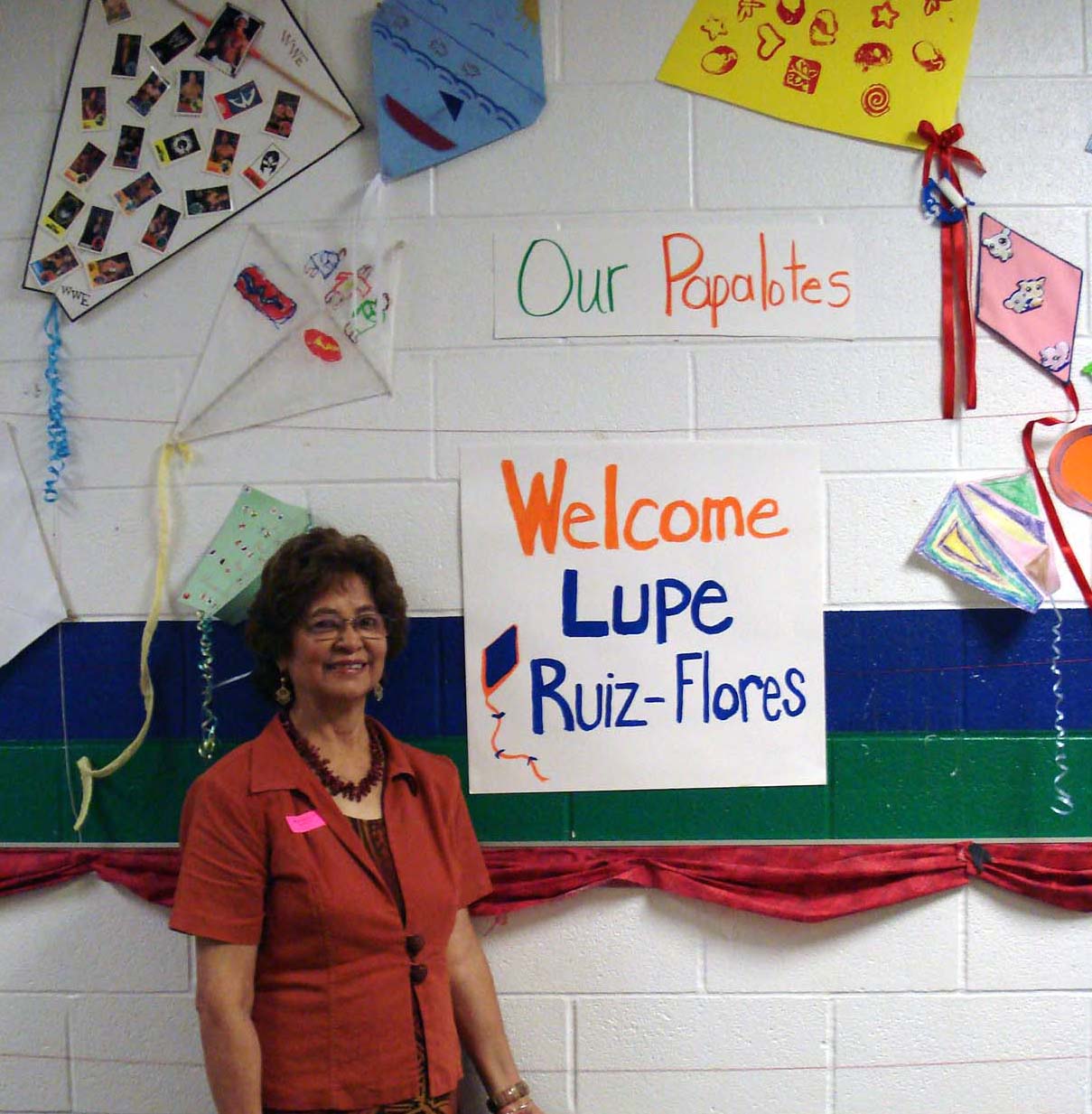
The Magic of Día: A Conversation with Author Lupe Ruiz-Flores
The celebration of Día, or El día de los niños/El día de los libros (Children’s Day/Book Day), can happen every day, but traditionally culminates each year on April 30th. This nationally recognized initiative emphasizes the importance of literacy for children of all linguistic and cultural backgrounds. It is a daily commitment to linking children and their families to diverse books, languages and cultures.
First Book had the opportunity to talk with children’s book author Lupe Ruiz-Flores to discuss Día, what it means to her, how to have a great Día celebration, and more.
 What led you to be a children’s author?
What led you to be a children’s author?
I’ve always loved writing, but life got in the way. With three children and a husband in the Air Force, we traveled a lot. I worked full time and attended night school earning a Masters on the way. When I was working at one of the bases, I wrote a column for the base paper and I knew then that someday I would be a writer. Once I retired, I took a leap of faith and entered writing contests. I won some and lost some. That’s how I got started—writing for a national magazine. That led to writing books for children.
Can you tell us about the books you have written and how you hope they will reach the children that you are writing for?
Some books come from my own experience. I come from a large family of eleven. There was not much money in the house; there was not even one book in the house. When I started school and I discovered the library, I couldn’t believe that I could check out a book and not pay for it. I could take it home, read it, return it, and check out another one. I didn’t have to pay a penny for it! I was amazed. I didn’t know that existed.
So, to me, bringing books to children that maybe don’t have them in the home like I did, I think that’s awesome. I believe all kids should have books in the house, at least a variety of books to read. It opened my eyes, my heart, my love for books, and it became a passion for me. I think it helps people, young kids, students that don’t have them and need them.
Tell us about your experience celebrating Children’s Day/Book Day, also known as Día. Have you used any special books to celebrate this day?
 I did an El día de los niños celebration in Houston, TX a while back. It was at a public library and they had mariachis and piñatas, lots of books, and the community came out. It was a colorful event, vibrant flowers, raspas, papel picado, and those Mexican paper flowers that we make, you know, the big ones. It was a wonderful cultural experience. I read to the children there in both English and Spanish.
I did an El día de los niños celebration in Houston, TX a while back. It was at a public library and they had mariachis and piñatas, lots of books, and the community came out. It was a colorful event, vibrant flowers, raspas, papel picado, and those Mexican paper flowers that we make, you know, the big ones. It was a wonderful cultural experience. I read to the children there in both English and Spanish.
One librarian created an activity based on Alicia’s Fruity Drinks/Las aguas frescas de Alicia. She decorated a big table with paper flowers, a colorful tablecloth, and big tumblers filled with aguas frescas. After the reading, we sat down at the tables and drank aguas frescas. Around it were the various finds of fruit used to make the ‘fresca.’
Some of the librarians are very, very creative. With Lupita’s Papalote / El papalote de Lupita (Flores’ bilingual book about kite making), one librarian had a kite contest. When I walked into the library there were all of these beautiful kites hanging from the ceiling. That was an activity that they did with the papalote book. In another activity with the papalote book, the librarian used newspaper comics, like the ones in my book, and the children used popsicle sticks for the kite frame and yarn to make the kite’s tail.
What inspired that book?
At a recent conference, I did a presentation on the topic of the importance of authenticity in picture books. Lupita’s Papalote was inspired by a childhood memory. So I was the primary source. Some kids in the neighborhood were flying store-bought kites, but we couldn’t afford one. So my father said, “We’ll just make one like we used to in the old days.”
And we did. We made a kite out of newspaper comics and little rags we found that my mom used to mop the floor with. They were clean so we cut them up for the kite’s tail. There was a lot of bamboo in the vacant lot next door. My father cut some down and whittled them really, really thin. We made glue out of flour and water, glued the paper around the frame, and flew the kite.
What I always tell the audience is that it’s not so much the making of the papalote, but the experience I had with my father as I flew the kite higher and higher. He stood right behind me and said, “Keep flying it and when you want to bring it in, roll the ball of string like you are fishing.” I was only six and I was really skinny, but he let me fly it. It kept going up higher and higher and I got very scared.
 In my mind, I really thought I was going to be swept up into the sky. I was so terrified I couldn’t even speak. My father, who was standing behind me, must have sensed my fear. All he did was touch my shoulder. He never said a word; he just patted me like it was okay, and all the fear oozed out through my feet.
In my mind, I really thought I was going to be swept up into the sky. I was so terrified I couldn’t even speak. My father, who was standing behind me, must have sensed my fear. All he did was touch my shoulder. He never said a word; he just patted me like it was okay, and all the fear oozed out through my feet.
I remember that feeling — that experience — to this day, and that’s what prompted me to write the book. The illustrator got that scene just right.
In the book, I imagined myself as the little girl who really gets swept up into the sky and wrote it that way. When I do school visits, the kids always ask me, “How will the girl get down?”
One of the things that I really like about Children’s Day/Book Day is the opportunity to make children feel special; do you have any tips on how to make that day a special day for children?
It is their day. That is why it is called El día de los niños, El día de los libros. As an author, I don’t even focus on the adults in the audience. I really don’t. When I have the kids around me, it’s because it’s their day and I want to make them feel special. I notice if the girls are wearing pretty bows in their hair. Or the boys look spruced up. I mention it.
The children’s books are for them. One librarian said, “You must be a performer.” That’s because I get all caught up in the reading. It’s performing, I guess. It gets the kids excited. It’s all about them. I’m glad that they have a special day.
Would you say the key is to be a lively reader and make sure you are really bringing the kids into the story with your performance?
Exactly. I’m not an educator. I worked for the Department of Defense in a totally different career. But whatever I’m reading – whether it’s poetry or a book, I don’t think an author should just sit there and read the book. It’s kind of boring. If you can perform, it brings a new meaning to your book. I am excited and passionate about my books so I get excited and passionate when I read them. That’s what I love to do. I think the kids feel that, because kids are very smart. They can tell when you are not being authentic.
It sounds like you need to have a little bit of team effort, too. You make it exciting for the kids and make sure they connect with the story, but also you have the librarians and teachers who help the set up the celebration…
Yes, it is absolutely important. The librarians are awesome. Most of the time before I even get there [to the school or library visit], they have prepared and have things going on. Some of them have their students prepare questions for the author.
Where do the music and the crafts come in?
With Lupita’s Papalote, the kites hanging from the ceiling were done beforehand. The librarian selected the contest winners. Other times the craft is done after I do the reading. For example, popsicle sticks and newspapers or construction sheets were used to make small kites, using yarn for the kites’ tails. The children could then color or draw images on their kites.
Do you have any specific tips for people who would like to add a little something extra to their read-aloud?
When reading one of my books, The Woodcutter’s Gift, I use a bell as a prop. There’s a surprise element in the story. The woodcutter makes beautiful animals out of an old mesquite tree that nobody wants. But the kids don’t know this yet. The story is building up to a surprise. When he finally gets ready to open the door to his shed, he rings the bell on his porch. So, I ring my bell. The kids wonder why I am ringing the bell. I say to them, “All of you, including the librarians, need to close your eyes because the woodcutter is about to show a big surprise.” Once I’m sure all eyes are closed, I say, “Open your eyes!” The children’s eyes get wide and they point to the many wooden animals on the screen. There are smiles all over the place. They stare in awe. These are just some of the things an author can work into the reading. If there are crafts, the librarians usually take care of that. You, as an author, can bring small props that will get students involved with your book. But most importantly, have fun and enjoy the reading! The students will too!
Visit the First Book Marketplace’s Celebrate Día section to browse books and free resources to help make your Día the best ever!

 What led you to be a children’s author?
What led you to be a children’s author?